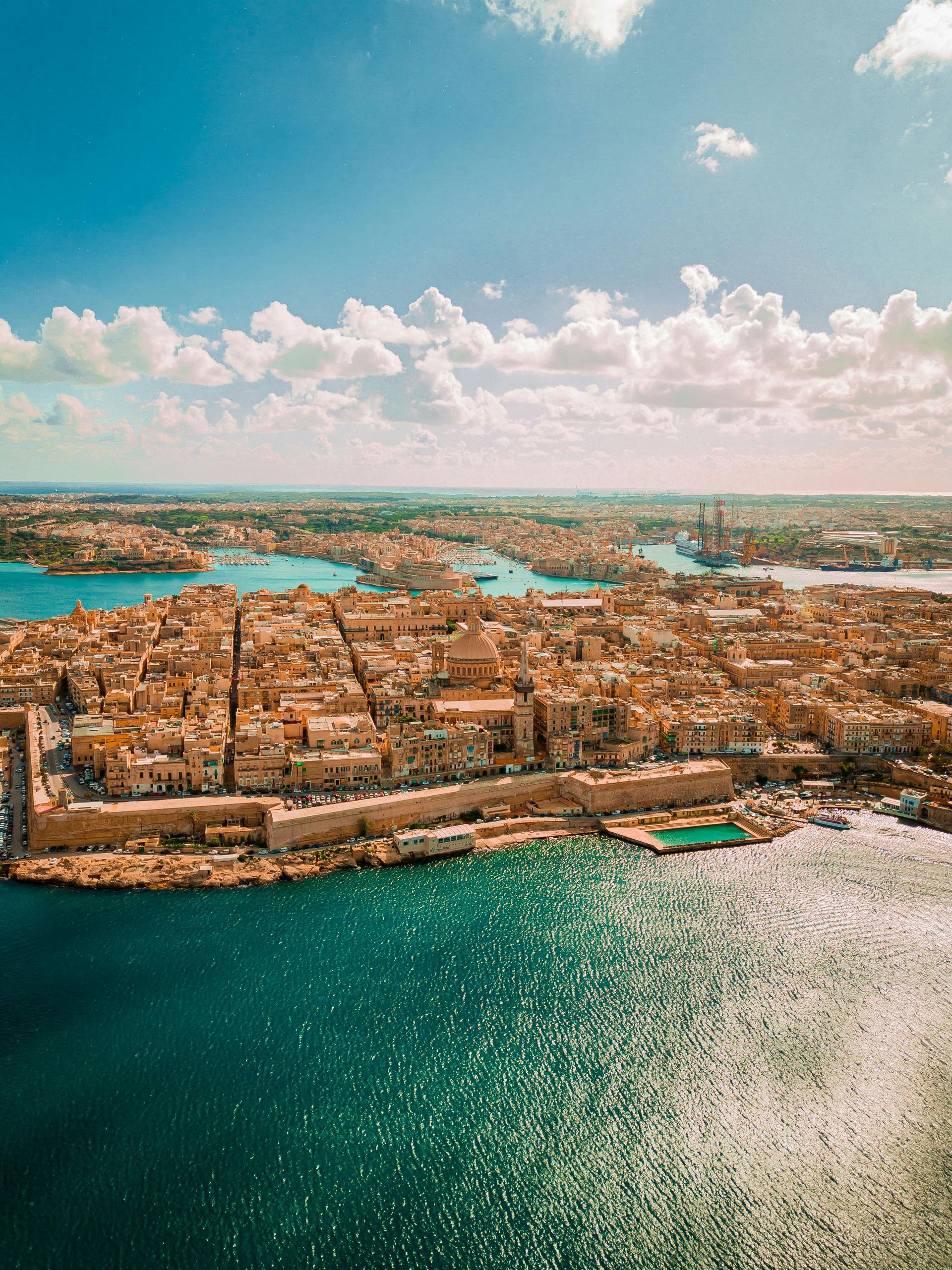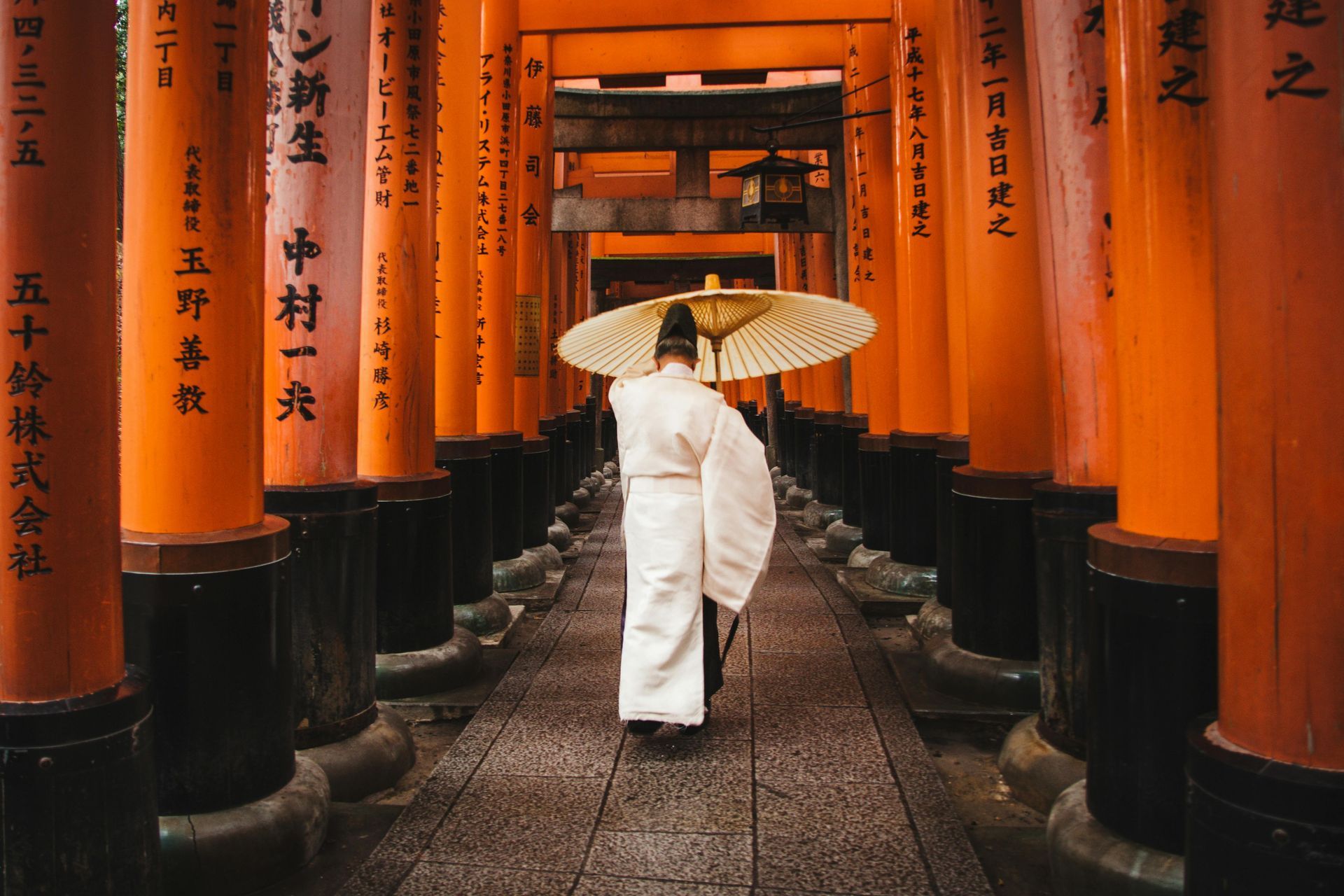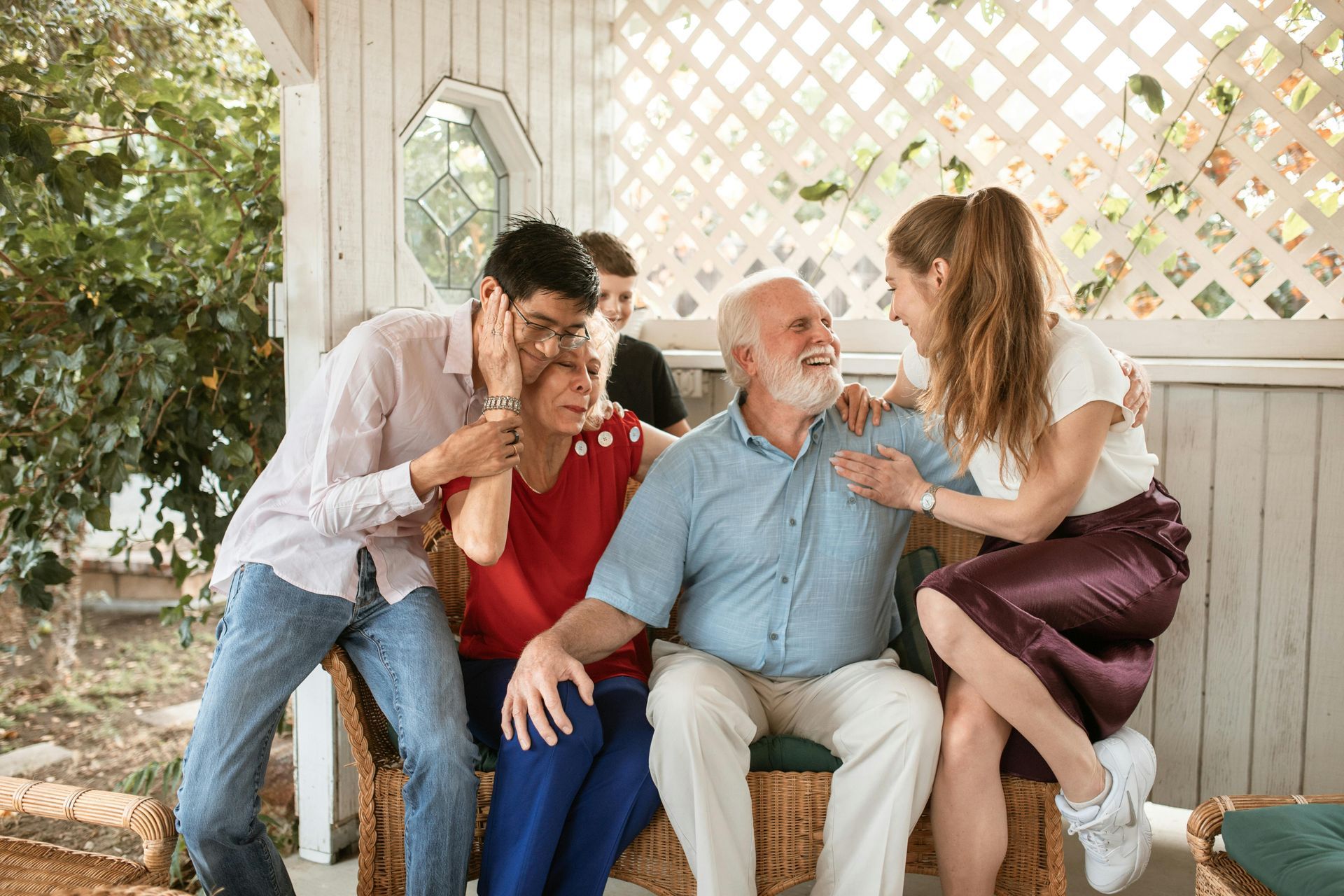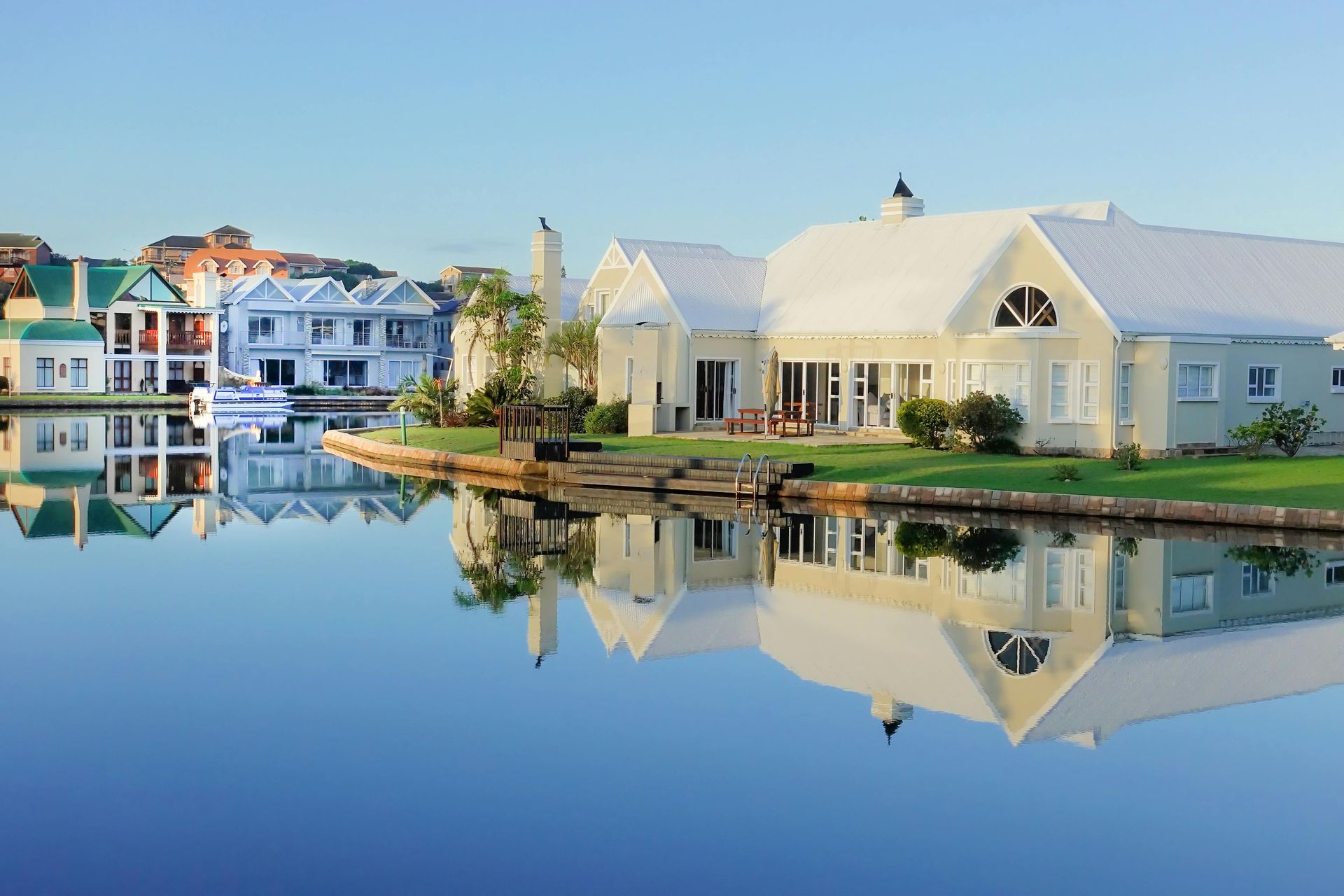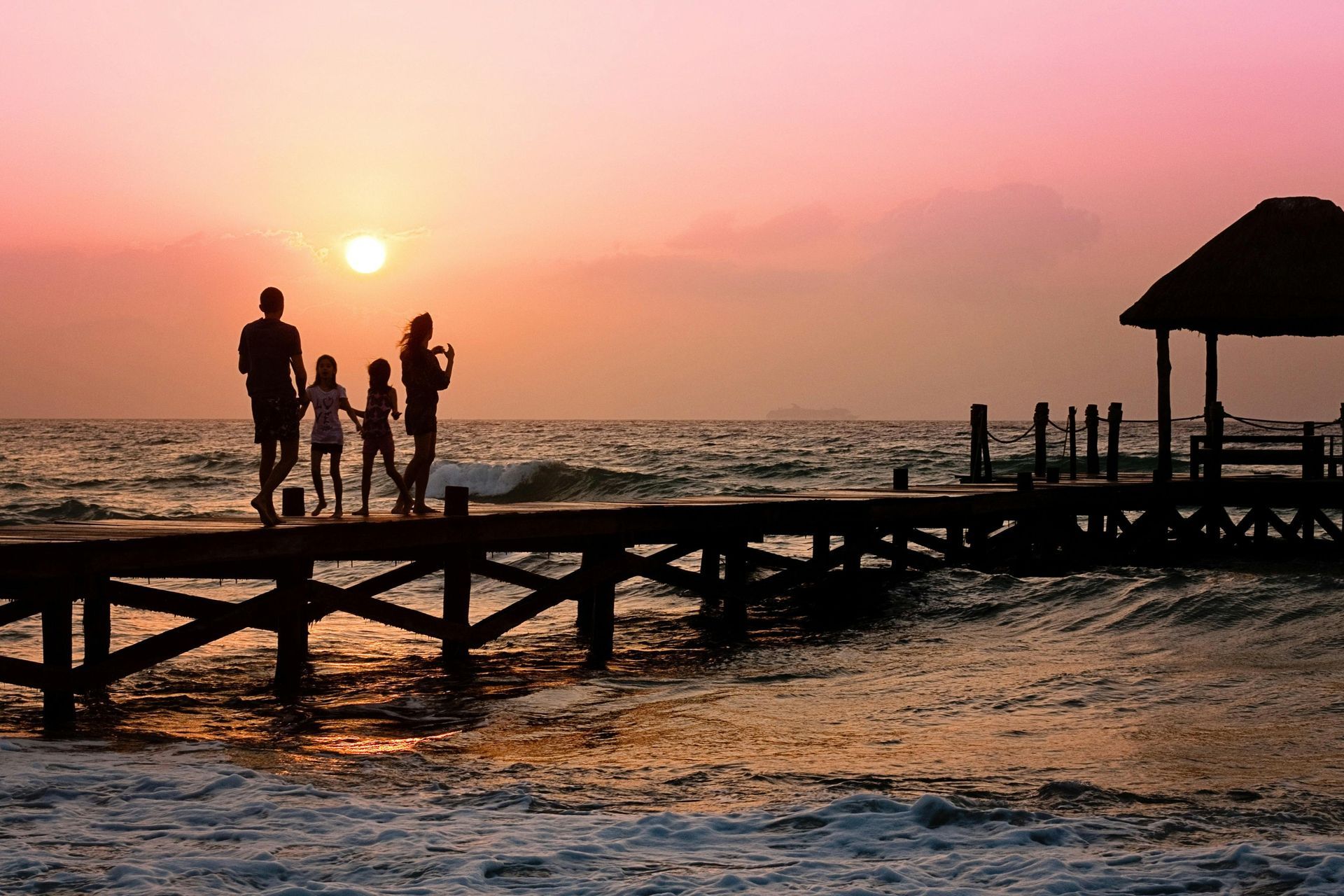Halal Travel in Spain: Exploring Andalusia’s Islamic Heritage
Spain is a country of breathtaking landscapes, rich history, and vibrant culture. For Muslim travellers, one region stands out as an unforgettable destination—Andalusia.
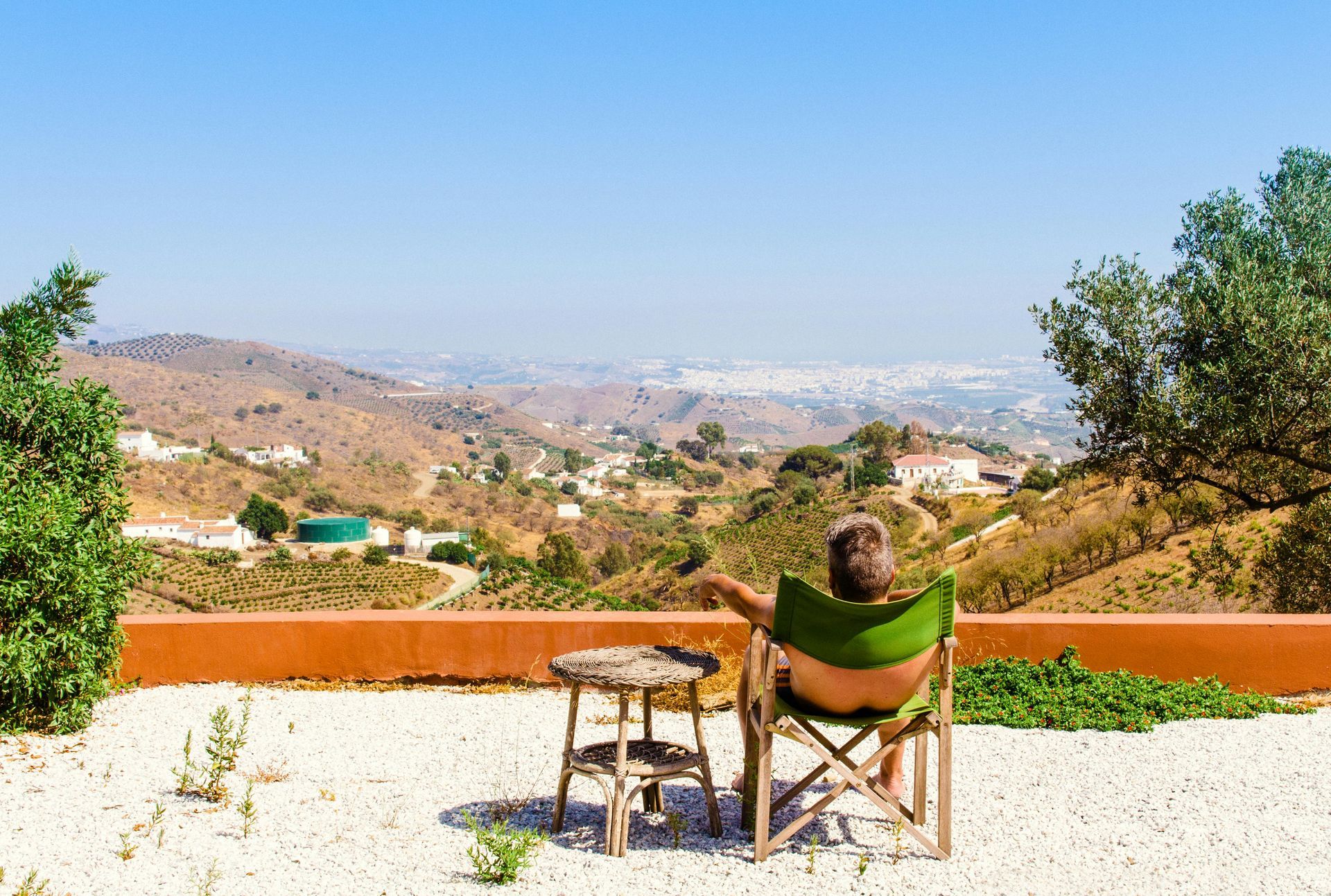
With its profound Islamic heritage, stunning architecture, and an increasing number of halal-friendly services, Andalusia offers the perfect blend of history and modern comfort. Travelaire presents the ultimate guide to exploring Andalusia’s Islamic past while enjoying a seamless halal travel experience.
Why Andalusia?
Andalusia was once the heart of Al-Andalus, the Muslim-ruled territory in Spain that flourished between the 8th and 15th centuries. The legacy of this golden era is reflected in the grand mosques, palaces, gardens, and cultural traditions that continue to shape the region. From the majestic Alhambra in Granada to the minaret-turned-bell tower in Seville, Andalusia is a journey back in time for Muslim travellers eager to reconnect with Islamic civilisation in Europe.
Today, Andalusia caters more than ever to the needs of halal-conscious travellers. From halal-certified dining to easily accessible mosques, prayer spaces, and family-friendly activities, it offers a spiritually enriching and enjoyable travel experience.
1. Granada: Home of the Alhambra and Moorish Charm
The Alhambra Palace
A crown jewel of Islamic Spain, the Alhambra was built in the 13th century by the Nasrid Dynasty and stands as one of the world’s most iconic examples of Islamic architecture. With Arabic calligraphy, geometric patterns, tranquil courtyards, and lush gardens, it is a must-visit for any Muslim traveller.
Tips for Muslim Travellers:
- Book your tickets in advance — access is limited and demand is high.
- Visit the Generalife Gardens, a peaceful retreat once used by Muslim rulers.
- Don’t miss the evening tours for a magical, less-crowded experience.
Albayzín District
Wander the cobbled lanes of this ancient Moorish neighbourhood, where whitewashed buildings, tea houses, and small mosques preserve the atmosphere of Islamic Granada. Visit the Mirador de San Nicolás for the best panoramic views of the Alhambra.
Prayer and Halal Dining:
- Mezquita Mayor de Granada, in the heart of Albayzín, is open for daily prayers.
- Enjoy halal Moroccan and Andalusian cuisine at Restaurante Arrayanes or visit one of Granada’s many halal takeaway options and family-run eateries
2. Cordoba: The Intellectual Capital of Al-Andalus
The Great Mosque of Cordoba (La Mezquita)
Originally constructed in 785 by the Umayyads, this architectural marvel features over 800 red-and-white arches and remains a powerful symbol of Islamic heritage. While now a cathedral, its history is unmistakable and offers a deep spiritual and educational experience.
Tips for Muslim Travellers:
- Visit early in the morning for a quieter atmosphere.
- Reflect in the Patio de los Naranjos, a courtyard that once welcomed worshippers with the scent of orange blossoms.
Explore Islamic Legacy Sites:
- Walk through the old city’s Moorish alleyways to discover restored hammams (Arabic bathhouses), Islamic museums, and Islamic-style gardens.
- Visit the Calahorra Tower, home to a small museum celebrating Islamic contributions to science, art, and culture.
Prayer and Halal Dining:
- Stop by the Islamic Cultural Centre of Cordoba for prayer space.
- Try Tetería Petra or La Orza de Al Andalus for halal Andalusian tapas, Arabic teas, and North African dishes.
3. Seville: A Living Tapestry of Cultures
Alcázar of Seville
This UNESCO-listed palace is a masterclass in Mudéjar design — a unique blend of Islamic and Spanish Christian styles. Originally a Muslim fortress, its intricately decorated rooms and extensive gardens reflect the sophistication of Al-Andalus.
The Giralda Tower
Once the minaret of Seville’s main mosque, the Giralda now serves as a reminder of Seville’s Islamic foundations. You can climb to the top via ramps, as it was originally designed for horseback access by the muezzin.
Prayer and Halal Dining:
- Seville has a number of mosques and musallas, including the Seville Mosque Foundation near the city centre.
- Enjoy Lebanese, Moroccan, and Turkish halal meals at Al Wadi, Fez, or Arabesca.
Family-Friendly Activities for Muslim Travellers:
- Horse-drawn carriage tours through historic districts
- River cruises along the Guadalquivir with modest-friendly options
- Visits to Andalusian-style parks and Islamic gardens
4. Malaga: A Coastal City with a Muslim Legacy
The Alcazaba Fortress
This 11th-century citadel offers stunning views over the Mediterranean and insight into the military ingenuity of Muslim Spain. Its courtyards, fountains, and arched pathways are reminiscent of the Alhambra on a smaller scale.
Halal and Modest Travel Options:
- Malaga has several halal restaurants and halal-friendly hotels.
- The city is also home to modest beaches such as Playa del Palo, ideal for families and travellers who prefer privacy.
- Explore Mosque Al-Andalus, one of the largest mosques in southern Spain, offering regular prayers and community services.
Planning Your Halal-Friendly Andalusia Trip
Best Time to Visit
Spring (March–May) and autumn (September–November) provide mild weather and beautiful landscapes. Summer is hot but manageable with proper planning.
Where to Stay
Choose halal-friendly accommodations with options for prayer facilities, Qibla directions, and alcohol-free environments. Travelaire partners with trusted providers to ensure a smooth experience.
Local Experiences for Muslim Travellers:
- Andalusian cooking classes using halal ingredients
- Islamic history walking tours
- Visits to Andalusia’s lesser-known historic mosques and Moorish ruins in towns like Ronda and Almeria
- Traditional hammam experiences with gender-separated sessions
Getting Around
High-speed AVE trains connect Granada, Cordoba, Seville, and Malaga. Within cities, taxis and public buses are reliable — or explore on foot to take in the charm of the old quarters.
Final Thoughts: Explore Andalusia with Travelaire
For Muslim travellers, Andalusia is more than a destination — it’s a spiritual and cultural homecoming. With centuries of Islamic influence etched into its architecture, cuisine, and soul, it offers a unique opportunity to reflect, reconnect, and explore in comfort and faith.
At Travelaire, we specialise in crafting luxury halal travel experiences tailored to your values. From heritage tours to halal hotel bookings and curated itineraries, we’re here to ensure your journey through Andalusia is rich in history and worry-free.
Book your Andalusian adventure with Travelaire today — and walk in the footsteps of Al-Andalus.

